
International Conference in Economics, Business, Humaniora and Applied Science

INTERNATIONAL CONFERENCE ICEBHAS V, Melbourne, Australia, October 2028
Understanding the Economic Backbone:
The economic backbone refers to the key sectors, institutions, and infrastructures that support sustained economic growth. This can include:
Physical infrastructure (roads, ports, energy)
Key industries (manufacturing, services, technology)
Financial systems (banks, markets)
Human capital (education, skills)
Governance and institutions
Series of International Conferences [ICEBHAS V - 2028]
THEME: How do we measure the Economic backbone to promote Economic Growth and its Impact on the Managerial level (Institutional Approaches)?
Measuring the Economic Backbone:
We can measure the strength of the economic backbone through several indicators:
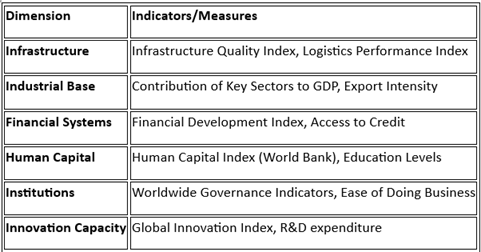

Promoting Economic Growth through the Backbone:
Institutional Approaches:
Institutional theory suggests that rules, norms, and organisations shape economic behaviour. Thus, strong institutions are essential to leverage the economic backbone for growth.
Managerial Level Impact: Translating Institutional Approaches to Management
At the managerial or firm level, the robustness of the economic backbone and institutional environment affects:
Strategic Decisions: Market entry, investment scale, innovation
Risk Management: Dealing with regulatory risks, political risks
Operational Efficiency: Supply chain reliability, infrastructure quality
Talent Management: Human capital availability
Corporate Governance: Compliance with legal and ethical standards
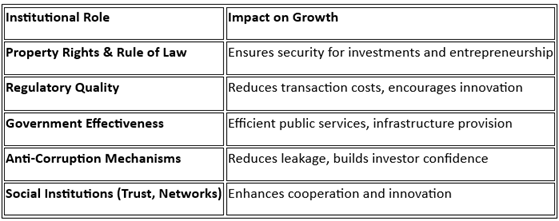

To measure and promote economic growth through its backbone:
Identify key sectors and institutional enablers
Strengthen institutions for stability, efficiency, and innovation
Understand how these impact firms’ managerial decisions and performance
Event RSVP - ICEBHAS ICEBHAS V, Melbourne, Australia, October 2028
Series of International Conference [V]
Prof. Yuta Hirayama, Osaka Metropolitan University Japan.
Dr. Sylvain Baumann, University of Le Havre-Normandy, France.
Mr. Vasu Srivibha, Sasin University, Thailand.
Prof. Nick Morris, La Trobe University, Australia.
Prof. Jerry Chi, Andrew University, USA.
Prof. Samuel Grandval, University of Le Havre-Normandy, France.
Dr. Dan LeClair, Global Business School Network, GBSN, New York, USA.
Prof. Dorothée Baumann-Pauly, University of Genève, (UNIGE), Switzerland.
Prof. Ying-Chyi Chou, Overseas Science and Technology Division-NSTC, Belgium.
Prof. Wu Chih-Yun, Tunghai University, Taiwan.
Prof. Jan Veuger, Saxion University, Netherlands.
Prof. Hernando Gil Tovar, Universidad Surcolombiana, Neiva, Colombia.
Dr. Jaka Aminata, Universitas Diponegoro, Indonesia.
Steering Committee
Supporting System:
Association of APSEPI-Indonesia.
Osaka Metropolitan University Japan.
University of Le Havre, France.
Sasin University, Thailand.
Chulalongkorn University, Thailand.
Thammasat University, Thailand.
The PRME community the largest organized relationship between the United Nations and related higher education institutions.
The field of Research is focused on:
Education
Social Science & Humaniora
Communication
Energy Economics
Regional Economics
Public Economics
Industrial Economics
Monetary Economics
Natural Resources and Environmental Economics
Management Science
Finance
International Business
Applied Science
Islamic Economics
Applied International - national managerial Theory/Spectrum
Applied Decision-making Theory.
Sample topic covered:
Humaniora and Current Issues in Social Science [Communication Technology]
COVID-19 Pandemic Recovery: While vaccination efforts have been underway, the pandemic's economic effects persist. Issues include supply chain disruptions, labour shortages, shifting consumer behaviour, and monetary stimulus measures.
Energy Economics: Energy policy can cover many topics, including energy efficiency, renewable energy, fossil fuel development, electricity market, (type of market) transportation systems, and international energy trade.
Inflation: Many countries have experienced higher inflation rates due to supply chain disruptions, increased demand post-lockdowns, and monetary policies aimed at stimulating economies. Central banks are closely monitoring this situation and considering appropriate policy responses.
Climate Change and Sustainability: Climate change poses risks to businesses and economies, leading to discussions on sustainable practices, carbon pricing, renewable energy investments, and adaptation strategies.
Digital Transformation: The acceleration of digitalisation due to the pandemic continues, impacting various industries. Businesses are adapting to remote work, e-commerce growth, digital payments, and cybersecurity challenges.
Global Trade and Geopolitical Tensions: Trade tensions between major economies, such as the U.S. and China, and geopolitical conflicts affect global supply chains, trade policies, and investment decisions.
Income Inequality: The pandemic has exacerbated existing inequalities, leading to discussions on fair wages, wealth distribution, social safety nets, and policies to address disparities.
Technological Disruption: Emerging technologies like artificial intelligence, automation, blockchain, and 5G are transforming industries, raising questions about job displacement, regulation, and ethical considerations.
Remote Work and Hybrid Work Models: The pandemic normalised remote work, prompting businesses to reassess traditional office setups and adopt hybrid models. This shift has implications for productivity, employee well-being, and organisational culture.
Fluid Worker and Fluid Job Paradigm Based on Technological Change
Financial Market Volatility: Market volatility persists due to uncertainties surrounding the pandemic, inflation, monetary policy decisions, and geopolitical developments. Investors are closely monitoring these factors and adjusting their portfolios accordingly.
Supply Chain Resilience: The pandemic exposed vulnerabilities in global supply chains, leading to discussions on reshoring, diversification, just-in-case inventory strategies, and technology-enabled supply chain management.
Current issues in Islamic Economics include Islamic Public Economy, Halal Economics and Industry, and Sharia Finance and Banking.
Administration Procedure, Conference ICEBHAS V, Melbourne, Australia, October 2028
All attendees must register in advance to participate in conference activities. Each registration enables the publication or presentation of only one paper and the participation of only one person.
Complete Registration Includes Admission to Keynotes and plenaries, Technical Sessions, Coffee Breaks, and a gift.
Registration Note:
1. Paper Length Limitation: The paper must be 12 pages long. If it exceeds 12 pages, additional pages will be permitted at the cost of $50 per additional page (a maximum of 20 pages is acceptable).
2. Additional Paper: Each paid registration covers only one paper; you can pay an Additional Paper Fee (100 USD) for one more paper from the same first author who already has a paid registration.)
Cancellation Policy
All refund/cancellation requests must be emailed to cp@ccsis.info and cs@ccsis.info, Cc. to ccsiscs17@gmail.com and received by 30 March 2026. No refund will be provided after this date.
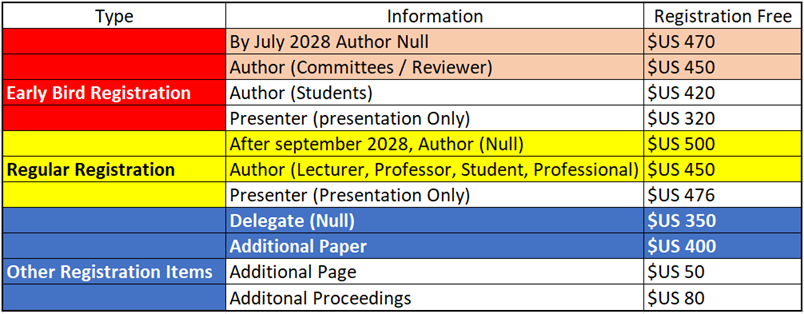


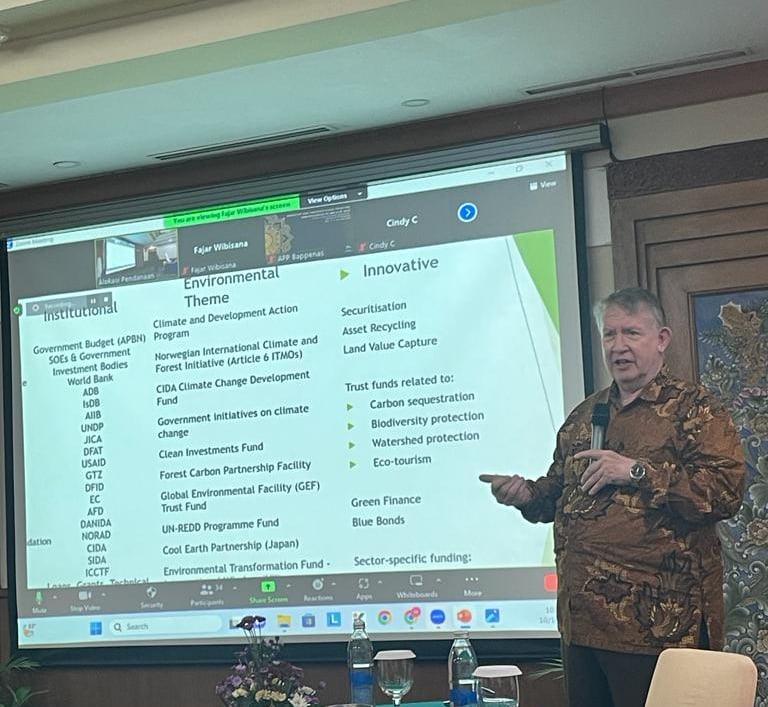

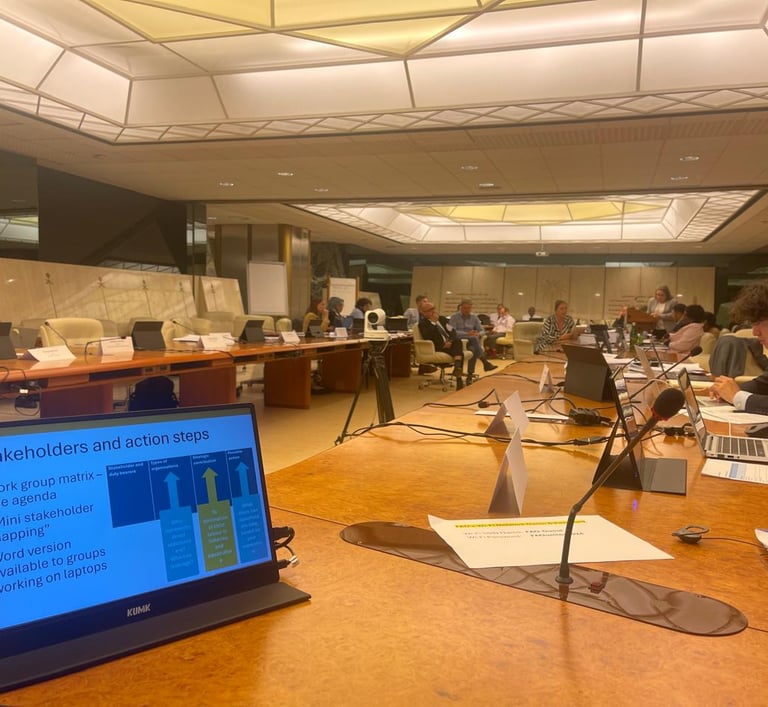

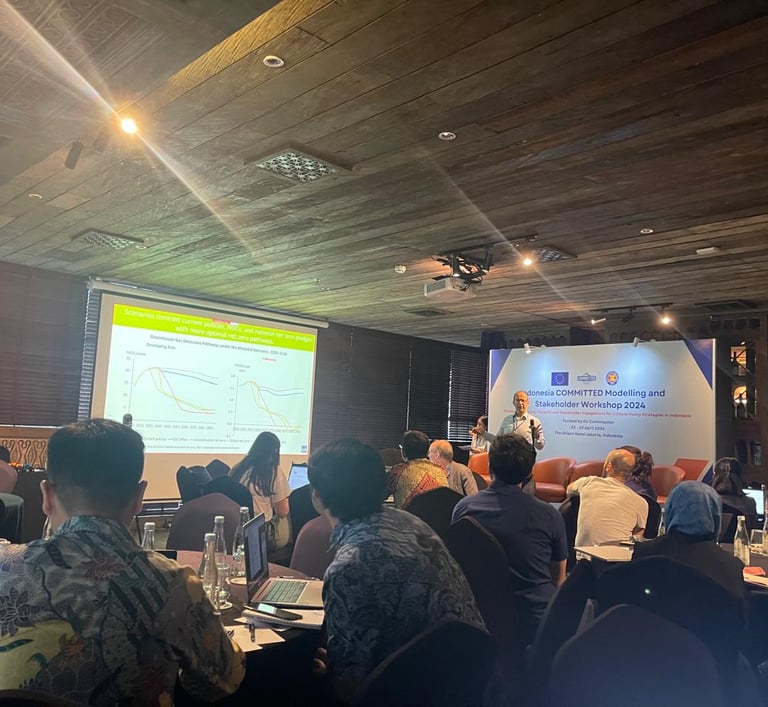

Partnership and Collaboration in previous Meeting in Person 2024- 2025
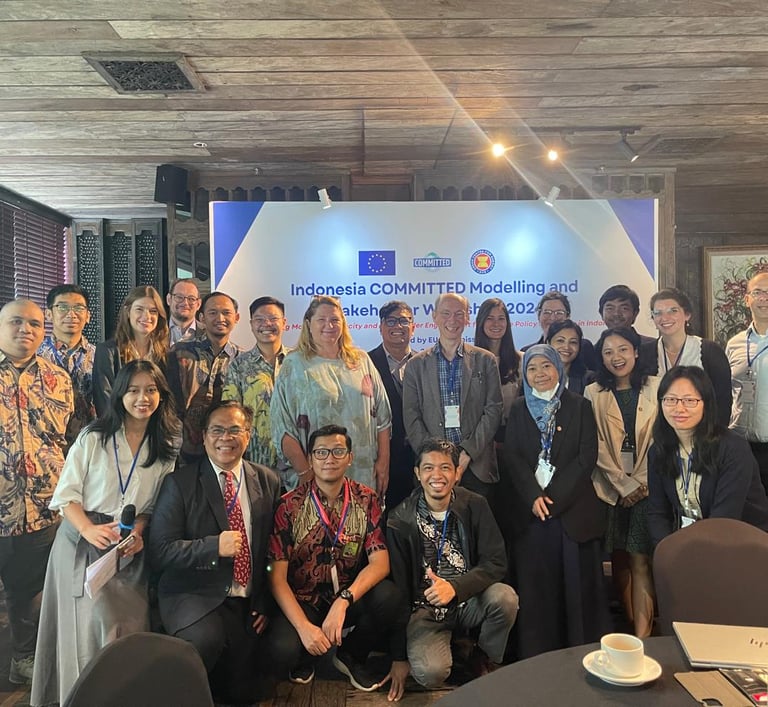

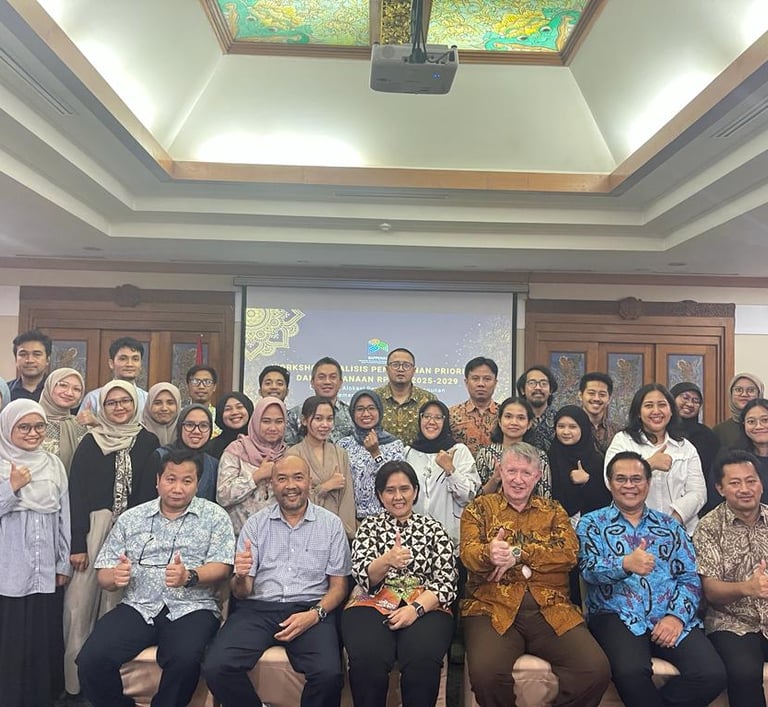



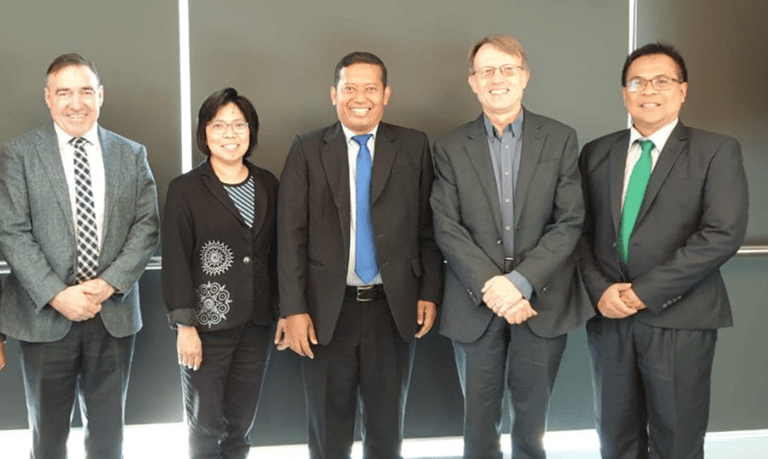

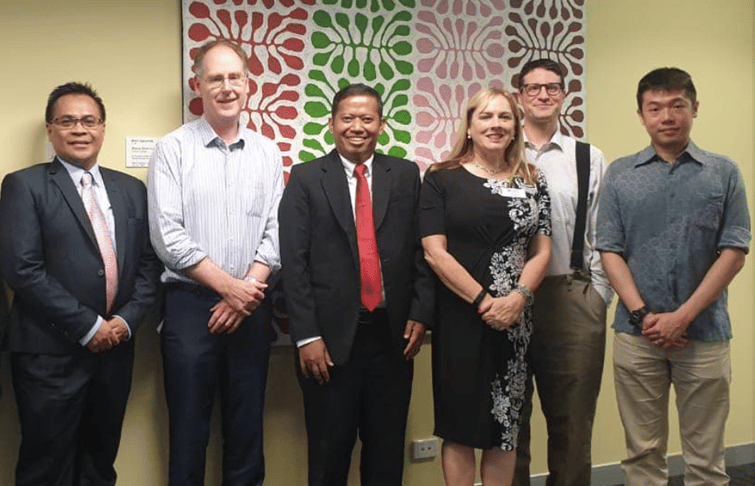

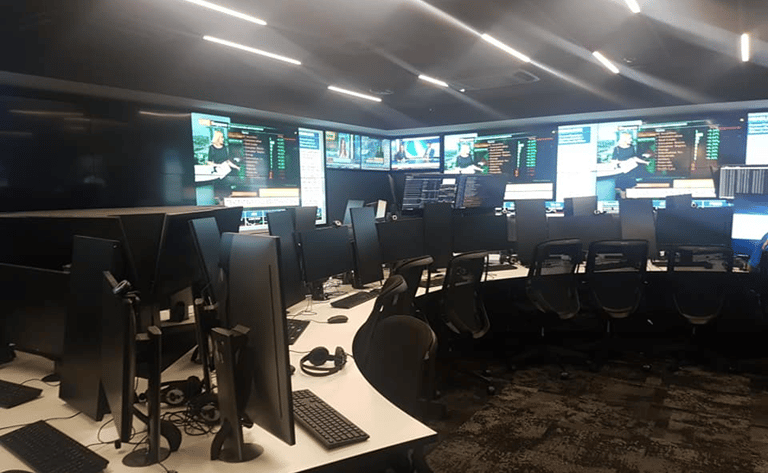

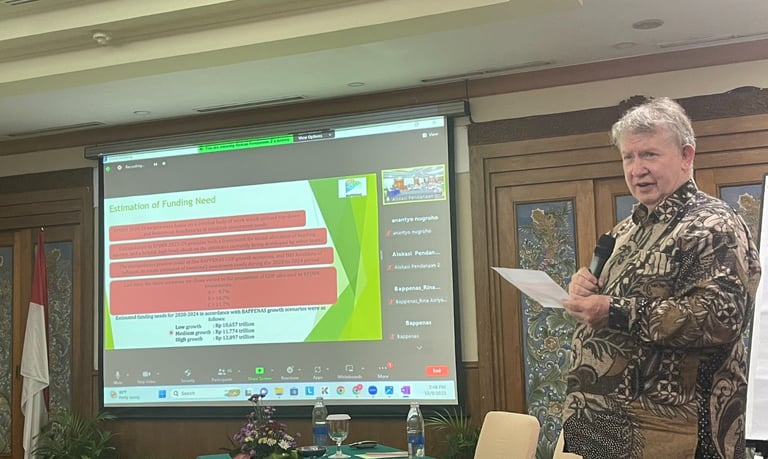

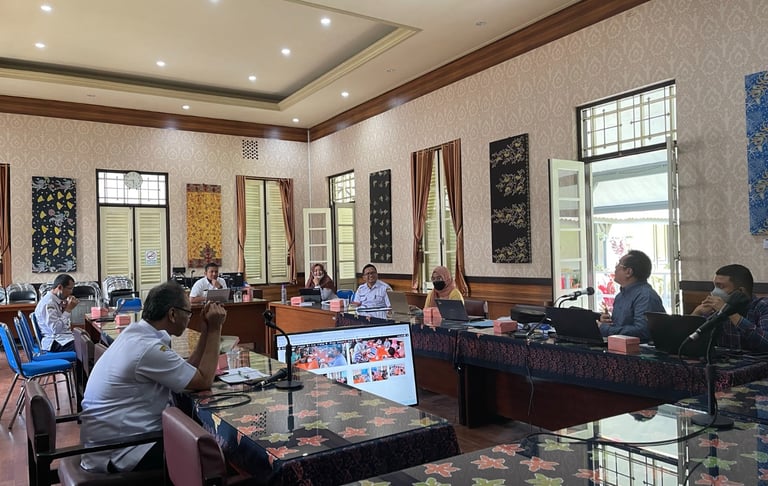



Get in touch


Returns & Refunds policy
You are entitled to cancel your register within 30 days without giving any reason for doing so.
The deadline for cancelling a register is 30 days from the date you received the confirmation or on which a third party you have appointed, who is not the charge person, takes possession of the product delivered.
To exercise your right to cancel, please let us know of your decision using a clear statement.
You can inform us of your decision by e-mailing cs@ccsis.info
We will reimburse you within 30 days of receiving the returned payment. We will use the same means of payment as you used for the order, and you will not incur any fees for such reimbursement.
Contact Us
If you have any questions about our Returns and Refunds Policy, please contact us by e-mail cs@ccsis.info
Get in touch
Socials
Subscribe to our newsletter
Copyright ©2024-2025 by Society of Complex Systems and Interdisciplinary Studies ║ International virtual Office: érables 94470, Boissy St Leger, France. Bank Address: Avenue Louise 54, Brussels, 1050, Belgium.
